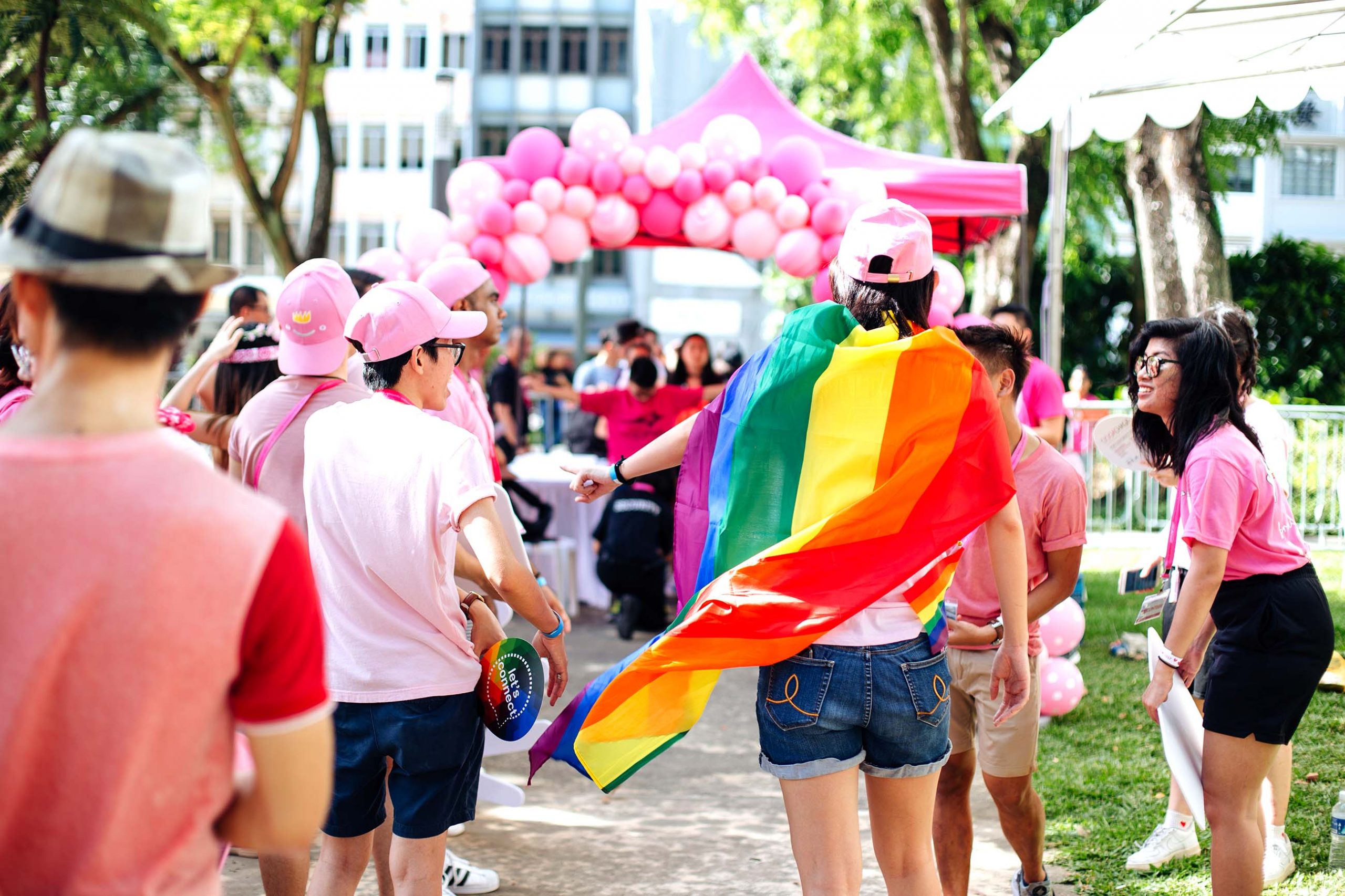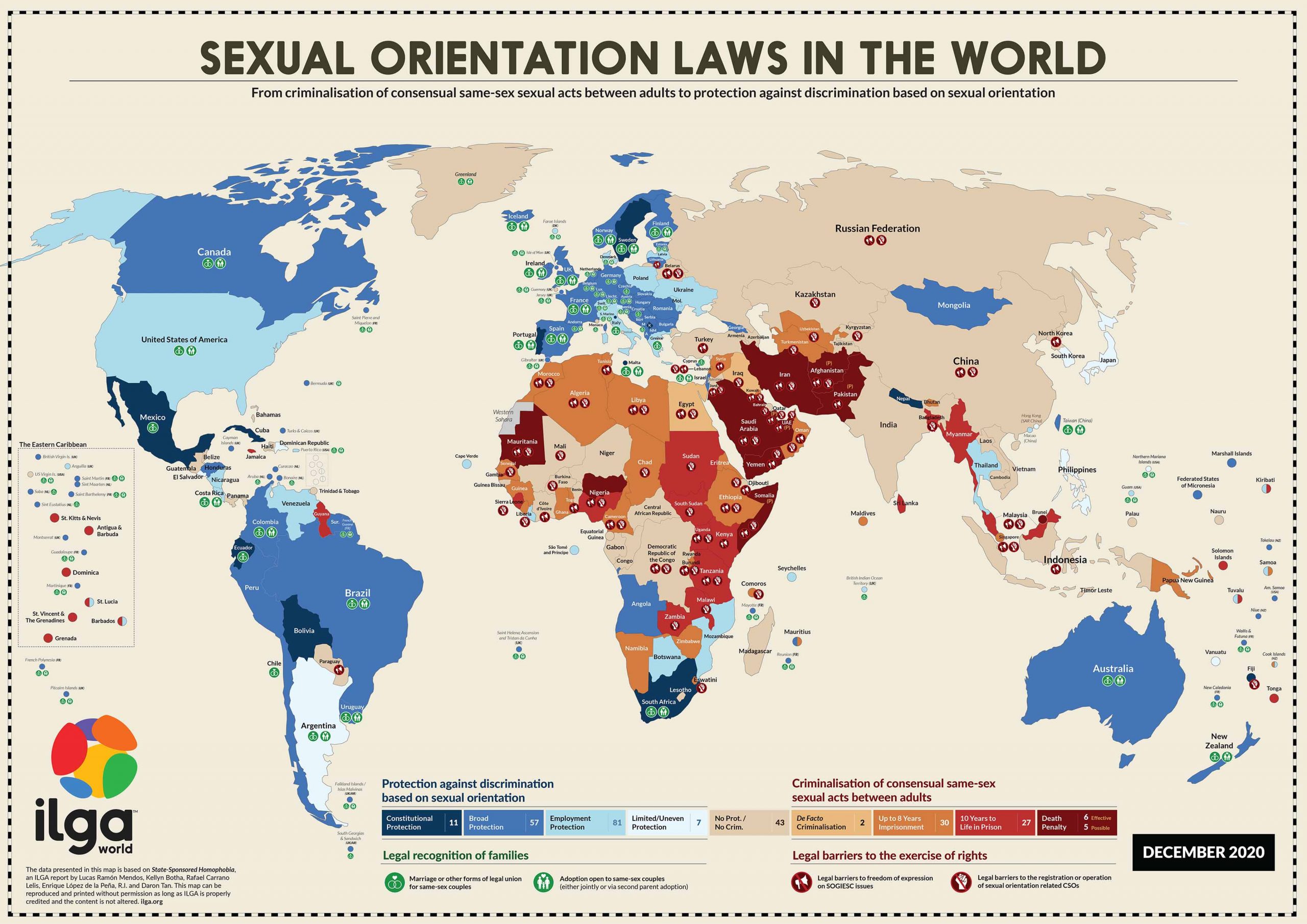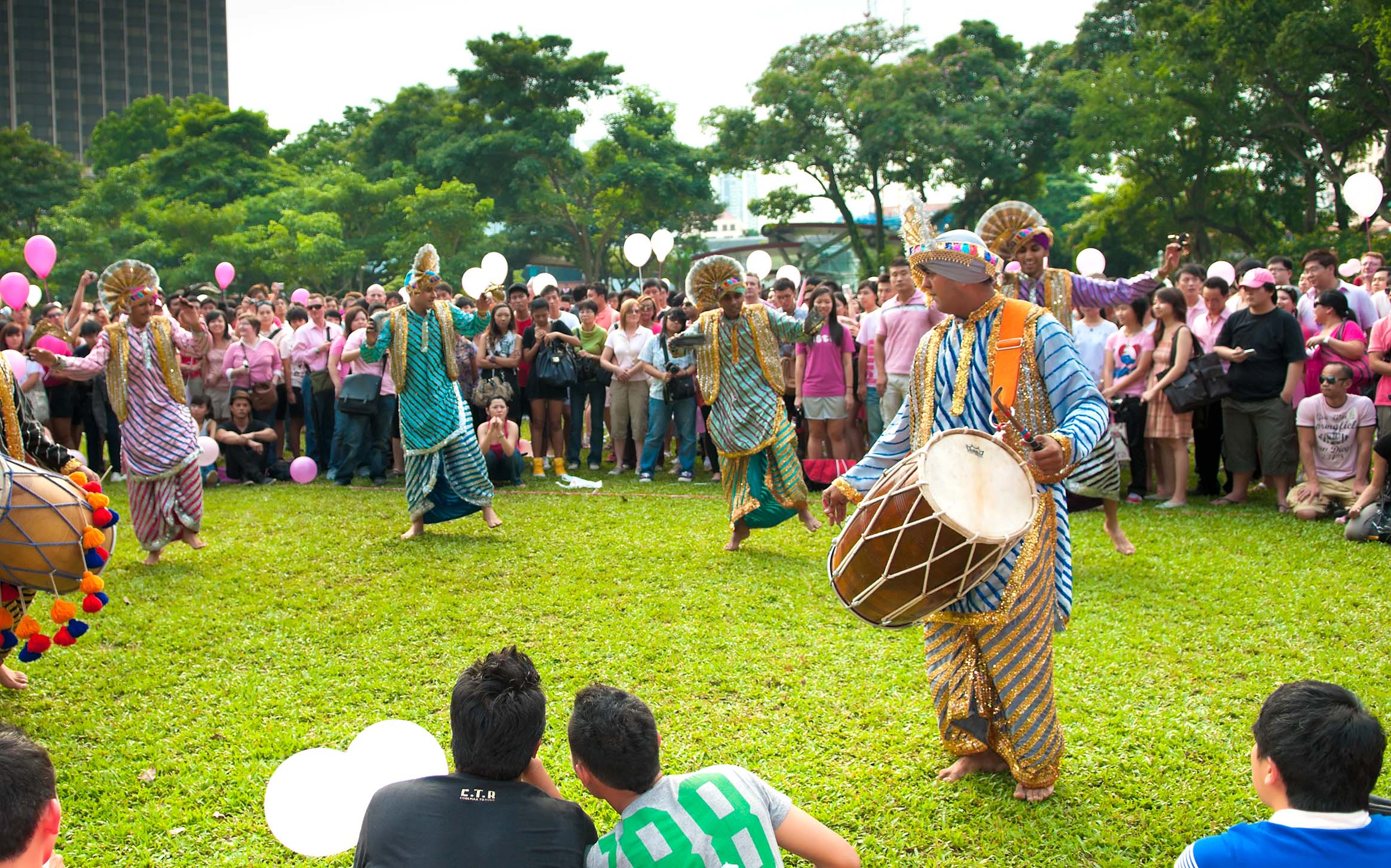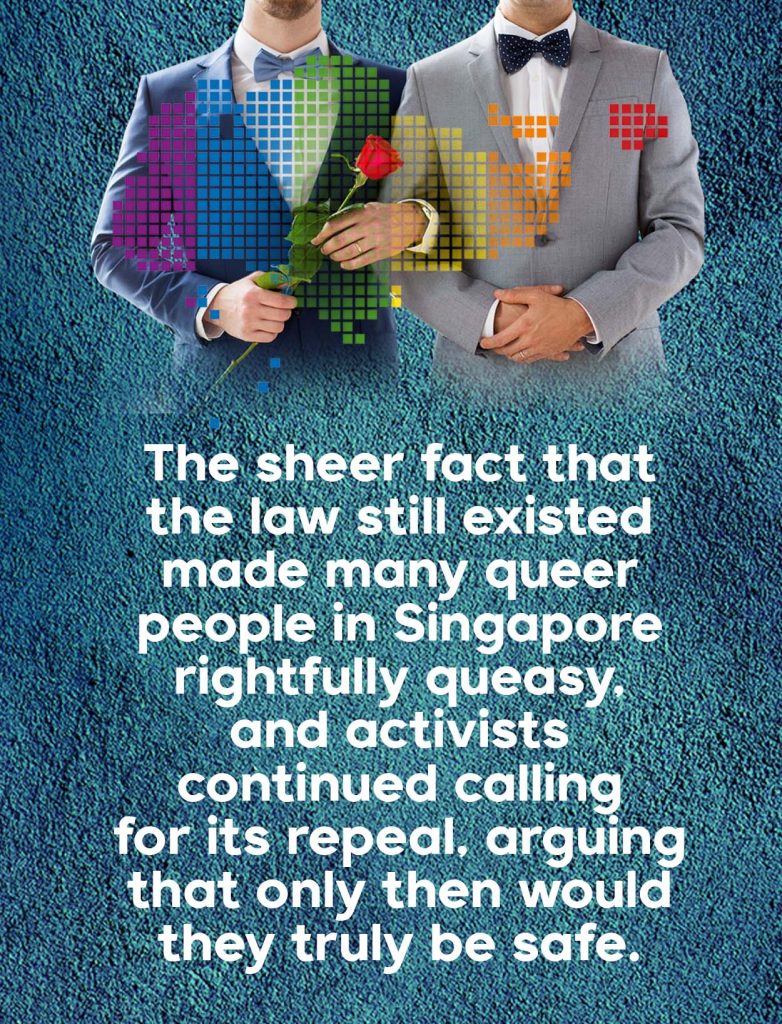|
Getting your Trinity Audio player ready...
|
D
uring Singapore’s National Day Rally on Aug. 21, 2022, Prime Minister Lee Hsien Loong made the momentous announcement that the government intends to repeal Section 377A of the country’s Penal Code — ending more than a century of criminalization of sex between men in the Red Dot.
The section in question, colloquially called 377A, criminalizes both oral and anal sex between two males. Neither an appeal to privacy nor consent is considered a suitable defense. The law is based on an 1885 English provision introduced to Singapore in 1938 during British colonial rule.
Prior to 1871, there were no written laws against sodomy in Singapore, as was the case in most Asian countries. The laws that criminalized queer relationships often have their roots in European colonial rule. India and other former British colonies such as Malaysia carry the exact same statute in their post-colonial constitutions, reminding us that the long arm of colonialism extends far beyond independence. (It is important to note that while it is commonly known as the “gay sex law,” 377A only criminalized sex between men, and sexual relations between women were always legal.)

In 2007, during a review of the Singapore Penal Code, a public debate erupted about the statute. Those who wanted to keep it in the books emphasized family values, much like their conservative counterparts in the United States. Those who wanted it gone spoke of freedom and the right of queer people to love and marry like anyone else. The ruling People’s Action Party (PAP) came to a strange compromise: the law would stay in the books, but it would not be used against anyone participating in consensual sexual acts.
But the fact that the law still existed made many queer people in Singapore rightfully queasy. Activists continued calling for its repeal, arguing that only then would gay men be truly safe.
As such, in February 2022, three gay men filed in court a challenge to the law’s constitutionality. The court refused to strike down the law, stating that the petitioners “do not face any real and credible threat under Section 377A.” It did, however, say that the 377A was “unenforceable in its entirety.” While disappointed, many queer people considered the ruling a victory, or at least as close to a win as they could muster at the time.
Six months later, Lee finally announced what the LGBTQ community and rights advocates had wanted to hear for decades.
Explaining the U-turn
It could well be that the Singaporean state was poised to repeal 377A earlier, but then came the court case. The state may not have liked it to seem it could be pressured through legal means.
When the state makes U-turns on policies, it does so after public pressure has subsided, and it generally acts as if this was its own choice. This behavior is meant to stop pressures from the citizenry seeking further democratic measures, such as those who might be emboldened by a successful lawsuit against the constitution. It is also meant to maintain the Singapore government’s image as the paternalistic father who does what is right when the time is right.
Then again, elections are usually the PAP’s number-one political compass. The presidential elections will be held next year, and the state’s change of heart on 377A could be seen as a carrot in the PAP’s usual carrot-and-stick approach. Also, as the majority of gay men in Singapore are ethnic Chinese, it could be a way of keeping the Chinese vote and stopping disgruntled Chinese men from voting for the opposition. (Singapore has three main ethnic groups: Chinese, Indian, and Malay. The Chinese make up 75 percent of the city state’s 5.9 million people.)
The most likely explanation for the surprising turnabout, though, could be money. After all, the Singaporean government has a history of going back on a stated policy if the government tills have a great chance of ringing merrily as a result. The prime minister’s late father, Singapore’s founding premier Lee Kuan Yew, for instance, had been against legalizing gambling, saying it would only happen “over my dead body.” But in 2010, when there was money to be made from turning Singapore into an international gambling destination, the Integrated Resorts were opened with the blessing of Minister Mentor Lee Kuan Yew.
But whatever it was that forced the hand of the PAP in repealing the law seems to matter little to queer activists, who consider this a huge win that goes even beyond the country’s borders. In response to the repeal, the T-project, an organization working to improve the lives of trans people in Singapore, said that it was “not only a celebratory news for the LGBT community but a victory for all humanity,” and hoped that it would “help the LGBT community who had lived in a climate of hostility and disadvantages and have suffered immeasurable trauma … begin a slow process of healing.”
Dr. Roy Tan, one of the three petitioners in the recent court challenge against 377A, has also said that the existence of the law felt like there was “always this Damocles sword hanging over my head,” and now that sword is gone. All over the country, in queer spaces such as bars and LGBTQ organizations, there were tears of joy.
Hold the victory dance?
Not everyone is happy with the news, though. Germaine (not her real name), a 41-year-old Singaporean now living in the United States, is not impressed with it. She says that even with the change in the law, she is still glad she left Singapore. She was in a lesbian relationship, which has since ended, while she lived back in her home country.

“I still wouldn’t have been able to marry her and live like a normal couple (with her),” says Germaine. “I think the fact that the state sees non-cis couples as purely about sex (in reference to 377A) rather than it being about my private life saddens me.” She asks, “Why am I not allowed to be happy and live true to myself?”
Some queer people, meanwhile, are aghast with what came with 377A’s repeal: the protection of marriage as defined to be only a cis heterosexual institution.
Tamil-Singaporean queer Vijay says that the repeal of the law actually frightens him because it has triggered a direct request from the National Council of Churches to protect marriage as being between men and women. The council has been vehemently against the repeal. To Vijay, who also asked that his real name not be used, the repeal itself seems to be a preamble to a restrictive marriage law, which would demonstrate how strongly embedded Christianity is in Singapore’s state policies. Indeed, in a country that has supposedly been steadfast on the separation of law and religion due to its history of communal violence, Christians and Christianity hold a surprising amount of sway over political decisions.
“The PAP loves their evangelical money,” Vijay remarks. He also says that in Singapore, where racism is endemic, the repeal of 377A further privileges ethnic Chinese men who happen to be gay. Says Vijay: “Only Chinese gay men have been celebrating this repeal because now they can show the West they are on par with them.”
His point rings true when one looks at who is given permission to protest or to show support for the rights of minorities. Pink Dot, an annual LGBTQ rights rally in Singapore, is given a license to gather at Hong Lim Park and is always awash in big-brand funding. Its organizers are overwhelmingly gay, cis, ethnic Chinese men. Yet, any public speech calling out racism is swiftly dealt with by authorities and branded as seditious.

Still, if a usually immovable object like the PAP can make a reversal of positions, there could be hope yet for queer people living in other Southeast Asian states. Malaysia, Singapore’s closest neighbor, could now also be under pressure to do something about the very same law in its books.
Change can often be piecemeal in politics, and activists can go decades without seeing any measurable impact of their work. But when it comes, no matter how small, a victory dance is well-earned. Singapore has a long way to go before it becomes a safe space for minorities and other marginalized people. For now, though, we celebrate the small wins.◉




















